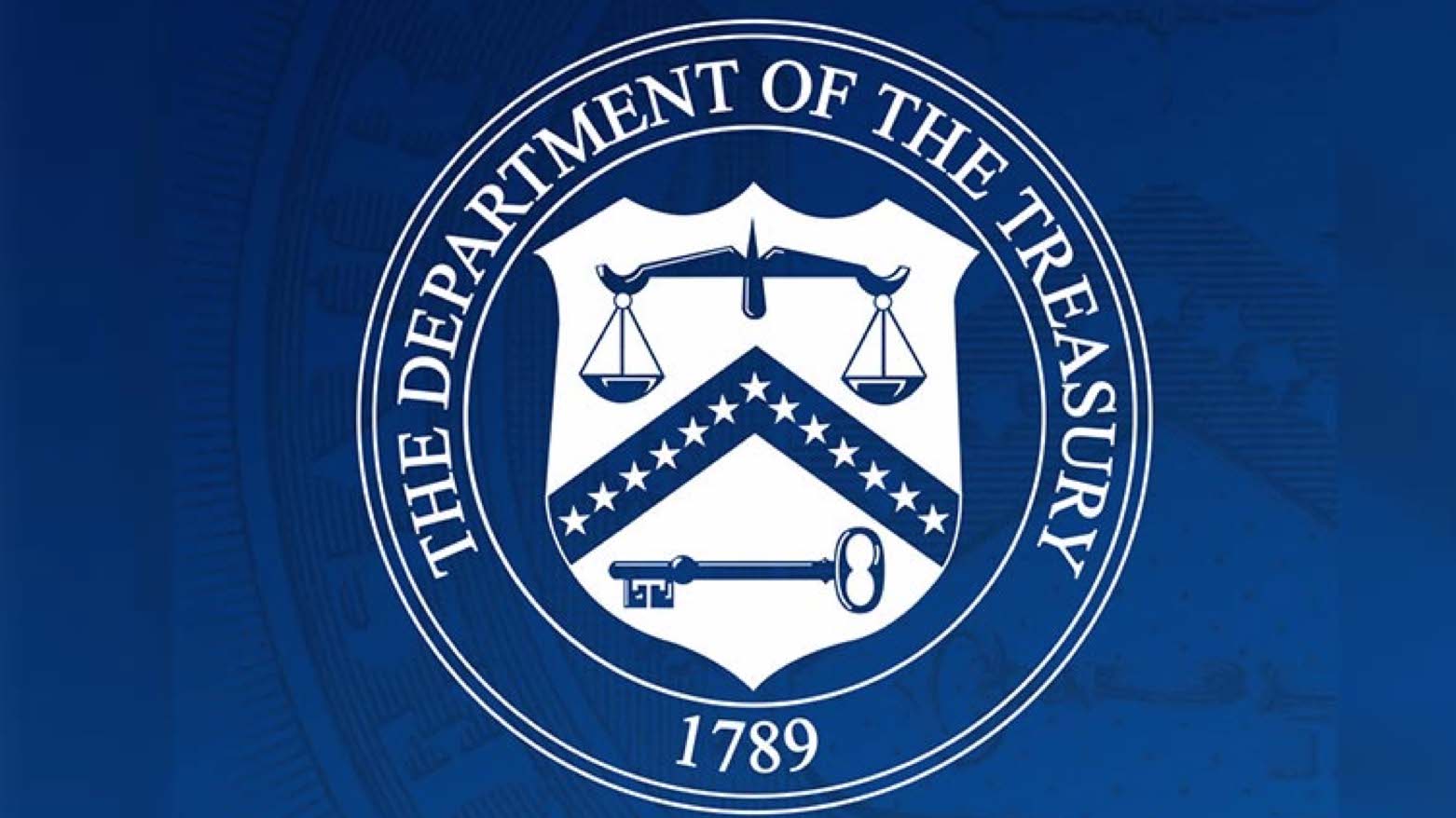Sanctions imposed on Iranian central bank network involved in smuggling U.S. technology

WASHINGTON DC, United States (Kurdistan 24) – The U.S. announced on Wednesday that it was imposing sanctions on a network linked to the Central Bank of Iran. The network is involved “in the illegal export of U.S. goods and technology to end users in Iran, including the Central Bank of Iran,” State Department Matthew Miller explained in a written statement.
In December, the U.S. issued sanctions on a network based in three Asian countries–Malaysia, Hong Kong, and Indonesia–that smuggled technology, including from the U.S., for Iranian drone production. Tehran then exported those drones to Russia and its proxies in the Middle East, as the U.S. explained, when it imposed the sanctions.
Read More: US Imposes New Sanctions on Support for Iran’s Drone Program
Wednesday’s sanctions target four companies: two based in the United Arab Emirates (UAE); one in Turkey; and a fourth in Iran, as well as three individuals associated with those companies, which all work with Iran’s Central Bank.
“The Central Bank of Iran has played a critical role in providing financial and technological support to the Islamic Revolutionary Guard Corps-Qods Force and [Lebanese] Hizbollah,” both of which the U.S. has designated foreign terrorist organizations, Miller said, describing them as “key drivers of the ongoing conflict in the Middle East.”
A Treasury Department statement explained that the entities and individuals sanctioned on Wednesday were “responsible for facilitating the illegal export of goods and technology from over two dozen U.S. companies to end users in Iran, including the Central Bank of Iran” (the Central Bank has been sanctioned for its role in supporting terrorist organizations.)
The illicit Iranian procurement network operated through companies based in the UAE and Turkey. In that way, it concealed the fact that Iran was the ultimate destination of the sensitive goods and technology.
Sanctioned Entities
Informatics Services Corporation (ISC), which is based in Tehran, is “a subsidiary of CBI [Central Bank of Iran]” and “publicly recognized” as its “technology arm,” the Treasury Department statement explained.
ISC “oversees Iran’s electronic banking clearance network” and is affiliated with its “electronic card payment network,” it continued, while the UAE-based Advance Banking Solution Trading DMCC (ABS) is “a front company for ISC.”
ABS “acquired proprietary U.S. goods and technology from over two dozen U.S. companies, both indirectly and through third-party resellers” for ultimate transfer to Iran’s Central Bank, the Treasury Department said, as it explained, “ABS falsely claimed that it was the ultimate end-user of the products, concealing their intent to forward the items to Iran.”
ABS worked in concert with another UAE-based company, Freedom Star General Trading. It was used to provide “falsified End-User Certificates to facilitate these shipments, which stated the goods were going to countries other than Iran,” Treasury said, as it explained that Freedom Star was then used to ship the restricted goods from the UAE to Iran.
A third company involved in the smuggling network is based in Istanbul: TED Teknoloji Gelistirme Hizmetleri Sanayi Ticaret Anonim Sirketi. TED serves as ISC’s “in-country representative” and acquires “U.S. goods and technology in coordination with ISC front companies,” the Treasury Department said.
Sanctioned Individuals
All three sanctioned individuals are associated with the sanctioned companies. One of them, the 44-year old Pouria Mirdamadi, who is involved in TED’s operations, is actually a dual French-Iranian citizen.
According to his LinkedIn page, Mirdamadi is an “Experienced Network Administrator with a demonstrated history of working in the banking industry” and is a “Strong information technology professional.”
Also sanctioned were the 58-year-old Iranian, Mohammad Reza Khademi, a UAE resident, who heads Freedom Star General Trading, as well as another UAE-based Iranian, the 67-year old Seyed Abotaleb Najafi, a senior executive in ABS.
